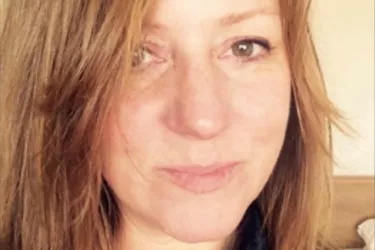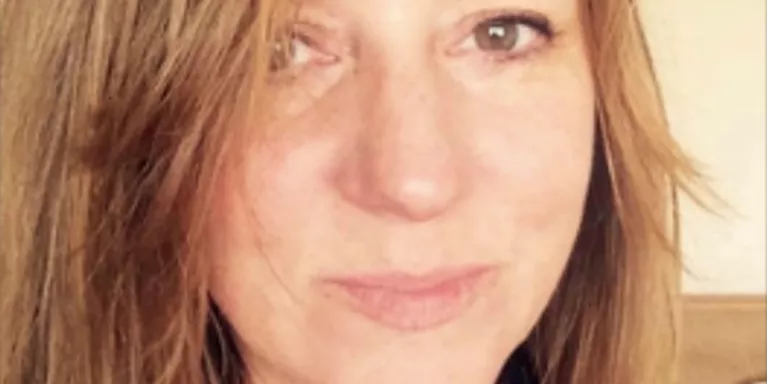My periods became overwhelming after Dad's death
Carla blogs about being diagnosed with premenstrual dysphoric disorder and learning to manage it.
Since my teens, I have always had challenging menstrual cycles. Although my peers would joke about PMS and 'that time of the month', it was a minefield for me. The older women in my life assured me, 'It gets better’ and 'It's just part of being a woman', yet it still felt pretty unbearable for up to two weeks before my period. Finally, I put it down to being a teenager and hoped I would grow out of it.
Throughout my 20s coping with my period was still tricky, but I was coping. But then, at 29, after losing my Dad suddenly in January 2019, my PMS entered dangerous territory.
It was a horrendous time. The shock of the grief, and then, the pandemic hit, and I, along with so many others, couldn't be with my family to support each other through the pain.
I was consumed with sadness, self-loathing and feelings that my existence was meaningless.
In the first few months, along with grief, the week or two before my period was overwhelming. I was consumed with sadness, self-loathing and feelings that my existence was meaningless. I knew something wasn't right, and my doctor advised me to start tracking my periods. Every day for three months, I recorded how I was feeling emotionally and physically. I’d noted down my diet, exercise, alcohol and caffeine consumption too. I'd give the day a score from one to 10 and look back on all the data at the end of the month.
Bearing in mind I was also grieving, the 10-14 days before my period were markedly worse than the rest of the month.
Losing sight of myself
At my lowest, I remember cycling to meet some friends I hadn't seen for ages and wondered if it might be better for me not to be here anymore.
Every month I felt like I'd lost sight of myself. It was as if I couldn't see through the fog. Although I knew when my period arrived, my symptoms would go, it was never easy to see a way out.
I spent the calm after the storm trying to make it up to whoever I had offended this cycle.
Relationships were suffering, and I spent the calm after the storm trying to make it up to whoever I had offended this cycle. Eventually, I was officially diagnosed with premenstrual dysphoric disorder or PMDD. Hearing that word 'dysphoric' felt like such a relief. PMDD can feel like an out of body experience.
Now, a year after my diagnosis, I have worked out through trial and error what really makes a difference for me.
Medication and exercise
As advised by my doctor, I take an SSRI antidepressant every day, in conjunction with supplementing iron, B vitamins, no alcohol before my cycle and avoiding caffeine as much as possible. Of course, exercise is a huge help as well. It is tempting to isolate yourself when you're in the thick of it, but having a partner or trusted friend makes all the difference.
Whilst I will most likely always struggle before my period, it has got easier. The weeks before my period are now manageable, and the extreme feelings I was experiencing before are under control. There simply isn't enough research into PMDD, and I am passionate about changing this. Implementing all of these elements has given me back some power each month. It is such a relief to not live in constant dread of my impending period.


Information and support
When you’re living with a mental health problem, or supporting someone who is, having access to the right information - about a condition, treatment options, or practical issues - is vital. Visit our information pages to find out more.
Share your story with others
Blogs and stories can show that people with mental health problems are cared about, understood and listened to. We can use it to challenge the status quo and change attitudes.

















